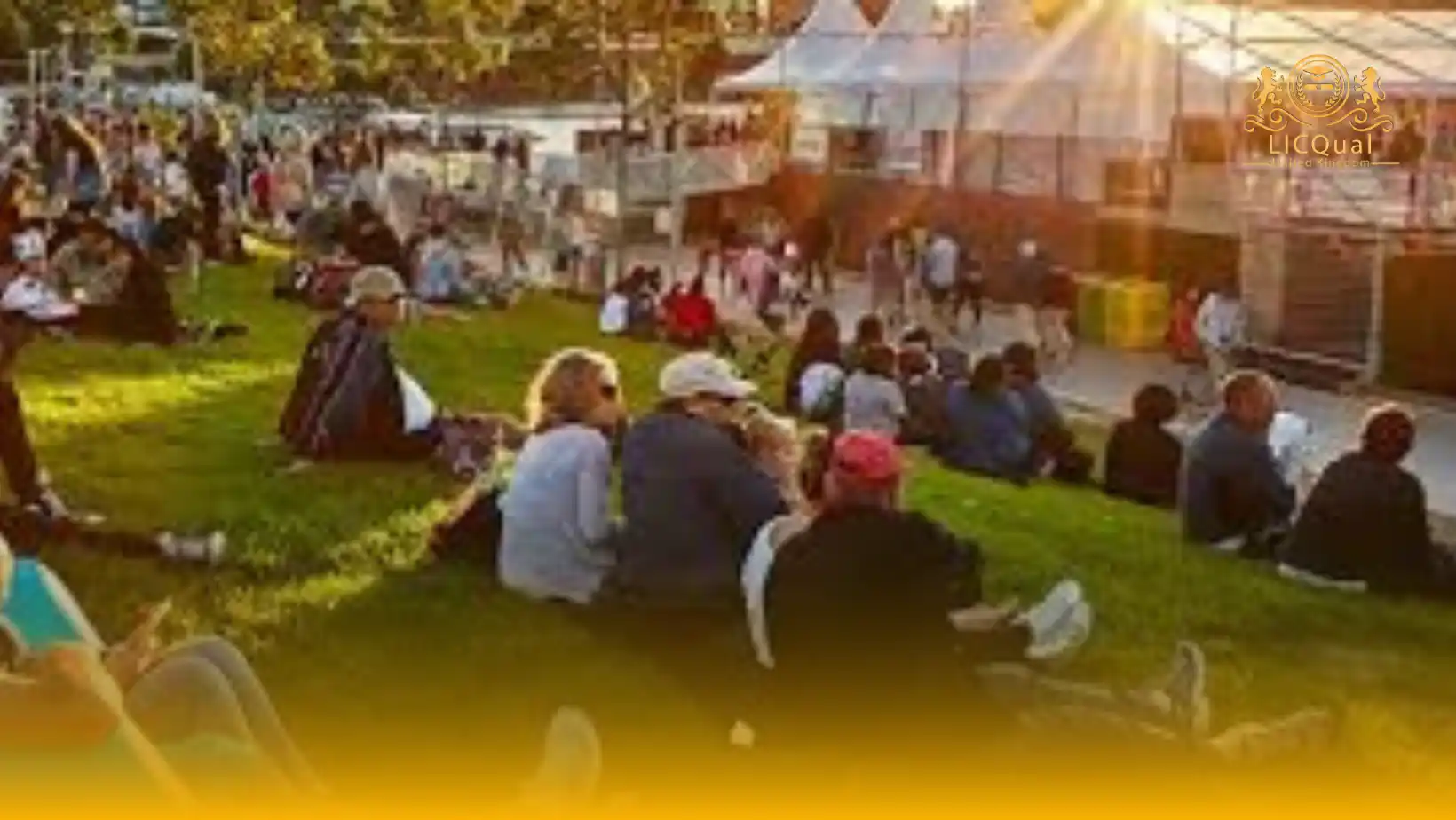The LICQual ISO Internal Auditor 20121:2024 Event Sustainability Management Systems course is designed for professionals looking to gain expertise in auditing and managing sustainability practices within the event management industry. ISO 20121:2024 provides a framework for integrating sustainable practices into event planning and execution, ensuring minimal environmental impact while maximizing social and economic benefits.
This course equips you with the knowledge and skills to conduct internal audits that assess compliance with sustainability requirements, identify opportunities for improvement, and help organizations achieve their sustainability goals. Whether you’re an internal auditor, event manager, or sustainability consultant, this course is perfect for enhancing your career and contributing to the growing demand for sustainable events.
The LICQual ISO Internal Auditor 20121:2024 Event Sustainability Management Systems course offers a deep dive into the principles and practices of sustainability within event management. You will explore the ISO 20121:2024 standard, which covers aspects such as sustainable resource usage, waste management, stakeholder engagement, and community impact.
The course focuses on providing hands-on skills for internal auditing, helping participants understand how to assess event sustainability, identify non-conformities, and ensure corrective actions are implemented.
By completing this course, you will learn how to evaluate and enhance sustainability processes in event organizations, aligning them with international standards. The course also covers risk management, performance evaluation, and continual improvement techniques, ensuring that sustainability efforts are ongoing and effective.
Ideal for event planners, sustainability officers, internal auditors, and consultants, this course is your gateway to becoming an expert in event sustainability management and driving positive change in the industry. Join today and play a part in shaping the future of sustainable events.
Course Overview
Qualification Title
LICQual ISO 20121:2024 Event Sustainability Management Systems
Total Units
6
Total Credits
40
GLH
120
Qualification #
LICQ2200115
Qualification Specification
To enroll in the LICQual ISO 20121:2024 Event Sustainability Management Systems, applicants must meet the following criteria:
|
Qualification# |
Unit Title |
Credits |
GLH |
|---|---|---|---|
|
LICQ2200115-1 |
Introduction to ISO 20121:2024 and Event Sustainability |
8 |
24 |
|
LICQ2200115-2 |
Leadership and Stakeholder Engagement in Sustainable Events |
8 |
24 |
|
LICQ2200115-3 |
Sustainable Resource Management in Event Planning |
6 |
18 |
|
LICQ2200115-4 |
Risk Management and Impact Assessment for Sustainable Events |
6 |
18 |
|
LICQ2200115-5 |
Performance Monitoring, Evaluation, and Auditing in Event Sustainability |
6 |
18 |
|
LICQ2200115-6 |
Continual Improvement and Best Practices in Event Sustainability |
6 |
18 |
By the end of this course, learners will be able to:
1. Introduction to ISO 20121:2024 and Event Sustainability
- Understand the principles and objectives of ISO 20121:2024 in promoting sustainability in event management.
- Recognize the social, economic, and environmental dimensions of sustainable events.
- Demonstrate knowledge of the structure, clauses, and requirements of the ISO 20121:2024 standard and how it applies to event management.
2. Leadership and Stakeholder Engagement in Sustainable Events
- Understand the role of leadership in promoting and implementing sustainable practices within event planning.
- Develop strategies for engaging stakeholders to ensure alignment with sustainability goals and objectives.
- Cultivate a culture of sustainability within event management teams and organizations.
3. Sustainable Resource Management in Event Planning
- Apply techniques to optimize the use of resources (energy, water, materials) during events.
- Implement best practices for minimizing waste, reducing energy consumption, and sourcing eco-friendly materials.
- Develop sustainable procurement strategies and ensure the responsible use of resources throughout the event lifecycle.
4. Risk Management and Impact Assessment for Sustainable Events
- Identify and assess environmental, social, and economic risks associated with events.
- Develop strategies to mitigate negative impacts and maximize sustainability outcomes.
- Conduct impact assessments to evaluate the sustainability footprint of an event and determine improvement opportunities.
5. Performance Monitoring, Evaluation, and Auditing in Event Sustainability
- Set key performance indicators (KPIs) to monitor sustainability efforts throughout the event lifecycle.
- Evaluate the effectiveness of sustainability practices and track progress toward goals.
- Conduct internal audits to assess compliance with ISO 20121:2024 and recommend corrective actions for improvement.
6. Continual Improvement and Best Practices in Event Sustainability
- Implement strategies for continual improvement in event sustainability practices.
- Identify and apply best practices to reduce environmental footprints and enhance the social impact of events.
- Establish a framework for ongoing feedback, monitoring, and enhancement of sustainability practices in future events.
This diploma is ideal for:
Assessment and Verification
All units within this qualification are subject to internal assessment by the approved centre and external verification by LICQual. The qualification follows a criterion-referenced assessment approach, ensuring that learners meet all specified learning outcomes.
To achieve a ‘Pass’ in any unit, learners must provide valid, sufficient, and authentic evidence demonstrating their attainment of all learning outcomes and compliance with the prescribed assessment criteria. The Assessor is responsible for evaluating the evidence and determining whether the learner has successfully met the required standards.
Assessors must maintain a clear and comprehensive audit trail, documenting the basis for their assessment decisions to ensure transparency, consistency, and compliance with quality assurance requirements.

